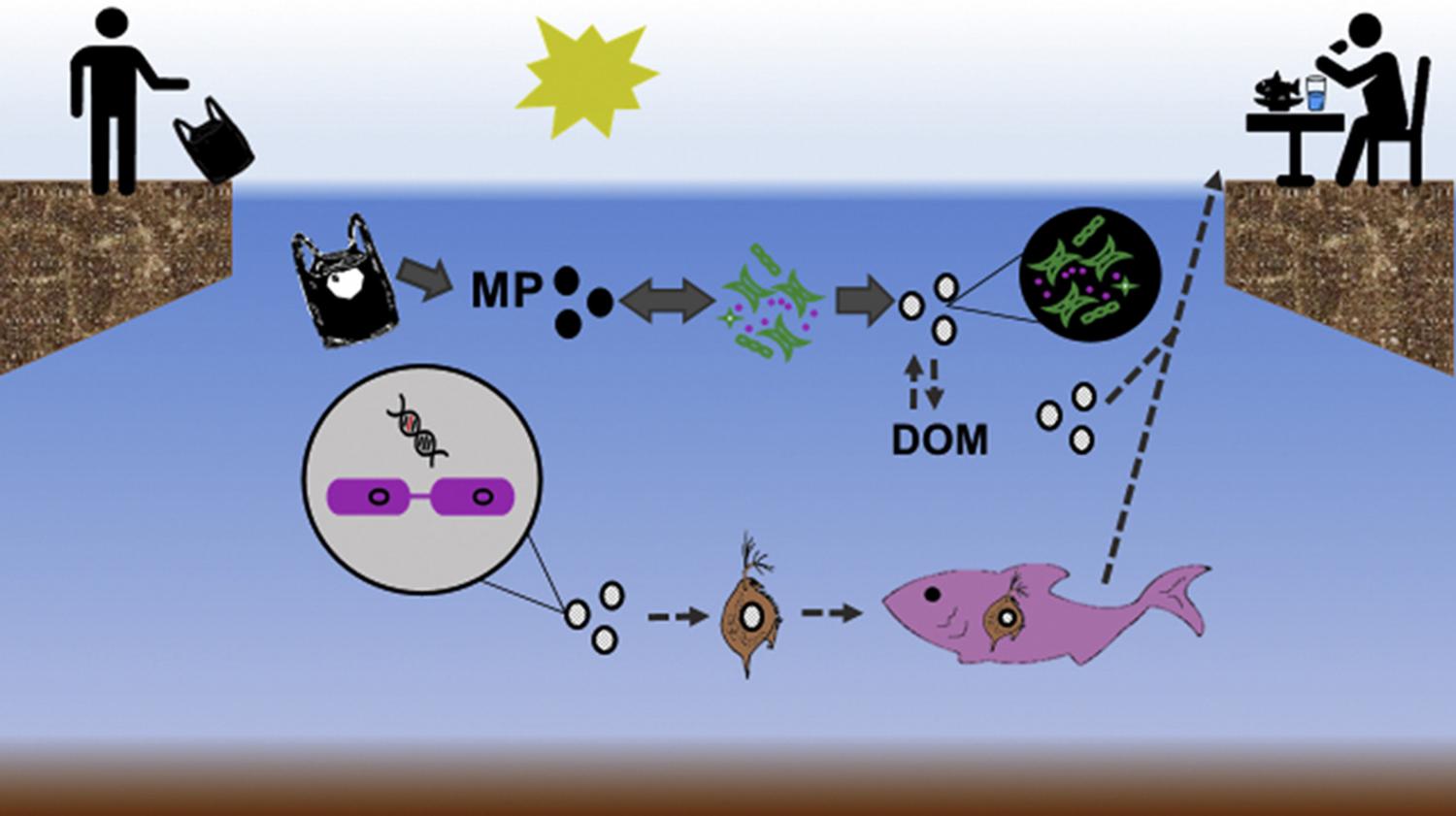
Elsevier, TrAC - Trends in Analytical Chemistry, Volume 112, March 2019
Microplastics (MP) provide a unique and extensive surface for microbial colonization in aquatic ecosystems. The formation of microorganism-microplastic complexes, such as biofilms, maximizes the degradation of organic matter and horizontal gene transfer. In this context, MP affect the structure and function of microbial communities, which in turn render the physical and chemical fate of MP. This new paradigm generates challenges for microbiology, ecology, and ecotoxicology. Dispersal of MP is concomitant with that of their associated microorganisms and their mobile genetic elements, including antibiotic resistance genes, islands of pathogenicity, and diverse metabolic pathways. Functional changes in aquatic microbiomes can alter carbon metabolism and food webs, with unknown consequences on higher organisms or human microbiomes and hence health. Here, we examine a variety of effects of MP pollution from the microbial ecology perspective, whose repercussions on aquatic ecosystems begin to be unraveled.
